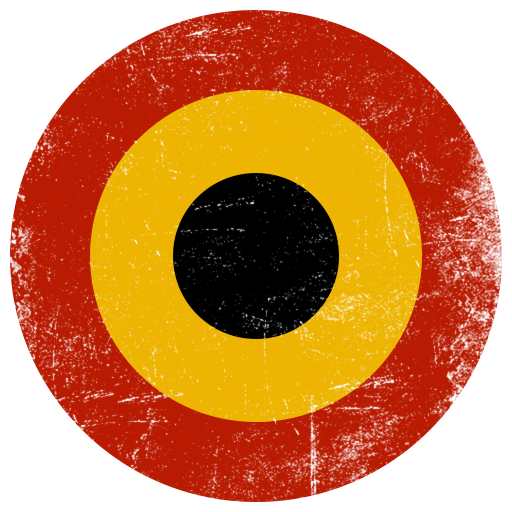
- For PC
- For MAC
- For Linux
- OS: Windows 10 (64 bit)
- Processor: Dual-Core 2.2 GHz
- Memory: 4GB
- Video Card: DirectX 11 level video card: AMD Radeon 77XX / NVIDIA GeForce GTX 660. The minimum supported resolution for the game is 720p.
- Network: Broadband Internet connection
- Hard Drive: 17 GB
- OS: Windows 10/11 (64 bit)
- Processor: Intel Core i5 or Ryzen 5 3600 and better
- Memory: 16 GB and more
- Video Card: DirectX 11 level video card or higher and drivers: Nvidia GeForce 1060 and higher, Radeon RX 570 and higher
- Network: Broadband Internet connection
- Hard Drive: 95 GB
- OS: Mac OS Big Sur 11.0 or newer
- Processor: Core i5, minimum 2.2GHz (Intel Xeon is not supported)
- Memory: 6 GB
- Video Card: Intel Iris Pro 5200 (Mac), or analog from AMD/Nvidia for Mac. Minimum supported resolution for the game is 720p with Metal support.
- Network: Broadband Internet connection
- Hard Drive: 17 GB
- OS: Mac OS Big Sur 11.0 or newer
- Processor: Core i7 (Intel Xeon is not supported)
- Memory: 8 GB
- Video Card: Radeon Vega II or higher with Metal support.
- Network: Broadband Internet connection
- Hard Drive: 95 GB
- OS: Most modern 64bit Linux distributions
- Processor: Dual-Core 2.4 GHz
- Memory: 4 GB
- Video Card: NVIDIA 660 with latest proprietary drivers (not older than 6 months) / similar AMD with latest proprietary drivers (not older than 6 months; the minimum supported resolution for the game is 720p) with Vulkan support.
- Network: Broadband Internet connection
- Hard Drive: 17 GB
- OS: Ubuntu 20.04 64bit
- Processor: Intel Core i7
- Memory: 16 GB
- Video Card: NVIDIA 1060 with latest proprietary drivers (not older than 6 months) / similar AMD (Radeon RX 570) with latest proprietary drivers (not older than 6 months) with Vulkan support.
- Network: Broadband Internet connection
- Hard Drive: 95 GB
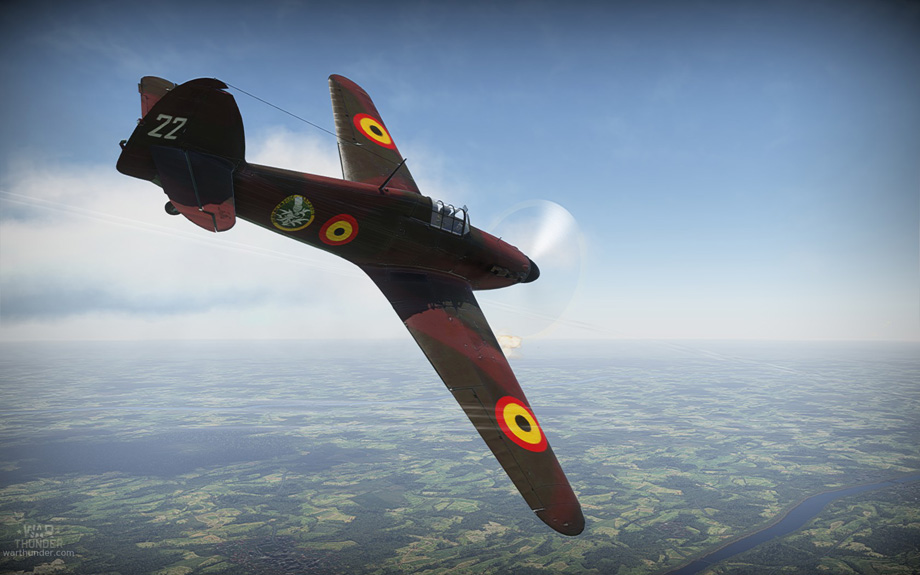
Hawker Hurricane Mk.I with Belgian markings made by Capitaine_12 | Download here
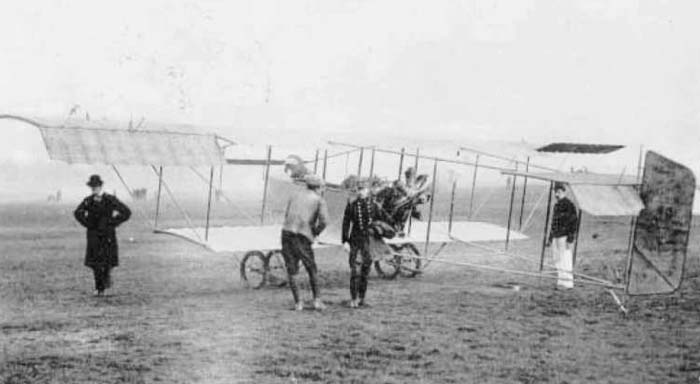
|
| Farman HF.16 |
The Belgian Air Force (today known as the Belgian Air Component) was officially founded on the 16th April 1909. At first, the new branch consisted only of one balloon company. However, just before the outbreak of the Great War in 1914, 4 squadrons of Farman HF.16 and HF.20 reconnaissance aircraft were added into their ranks.
During the Great War, the Belgian Air Force took part in the fierce combat over the Western Front. Many Belgian aircrew were involved in pioneering acts, such as air patrols, dogfights with German airplanes and attacks on observation balloons. What was more astonishing was that most of the time they were not flying in fighter aircraft. The first Belgian fighter squadron was the 1ère Escadrille de Chasse, equipped with French Nieuport 10 fighters. Overall, during the war, the Belgian Air Force conducted over 700 sorties, with 71 confirmed victories. The top Belgian ace of the war was Willy Coppens, credited with 36 observation balloons and 3 German aircraft destroyed during the conflict.
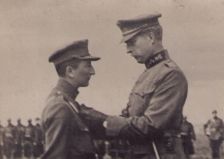 |
|
Willy Coppens is decorated by King Albert I |
In the interwar period, Belgium mainly operated the Breguet 19 light bomber. Just before the outbreak of the Second World War, the country was desperately seeking to upgrade the Air Force. This resulted in the acquisition of more modern designs, such as Fiat CR.42, Gloster Gladiator and Hawker Hurricane fighters, as well as Fairey Battle light bombers. One interesting transaction was the acquisition of a license to produce the Polish PZL.37 Łoś medium bomber. However, none were ever built.
In May 1940, the Belgian Air Force consisted of three full regiments of battle ready aircraft. However, the German forces conducting the offensive of the Low Countries and France severely outnumbered the Belgian Air Force. In the ensuing combat, the force was eradicated by the Luftwaffe, as it held air superiority. This defeat did not stop the Belgians. After escaping to the British Isles, many Belgian pilots found their way to serve in RAF squadrons during the war.
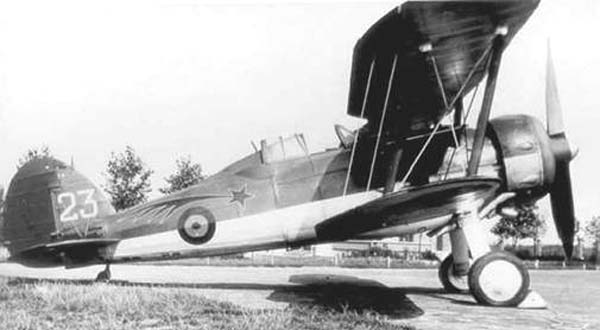 |
| Belgian Gladiator Mk.I |
Two fully Belgian squadrons – No. 349 and No. 350 - were also created as part of the RAF Volunteer Reserve. Both of those squadrons took active part in fighter sweeps and ground attack duties in Western Europe. They were mainly equipped with Supermarine Spitfire fighters and Hawker Typhoon fighter-bombers. The top scoring Belgian ace of World War II was Remi van Lierde, credited with 6 aircraft and 44 V1 flying bombs destroyed. For his service, he was awarded with the Distinguished Flying Cross and two Bars.
After the Second World War, the Belgian Air Force was deemed as a very important force multiplier for NATO operations in Western Europe. At first operating late Supermarine Spitfire models, it stepped into the jet age with the acquisition of the Gloster Meteor F.4 and F.8 jet fighters. Later on, it operated aircraft such as the Republic F-84F Thunderstreak, SABCA Hunter, Avro CF-100 and the SABCA F-104 Starfighter. Currently, the Belgian Air Force's main warplane is the SABCA F-16.
Adam "BONKERS" Lisiewicz
To honor the Belgian Air Force and Belgian pilots, we are proud to present the Belgian Air Force roundel, which will be added to War Thunder in the one of the upcoming updates:
